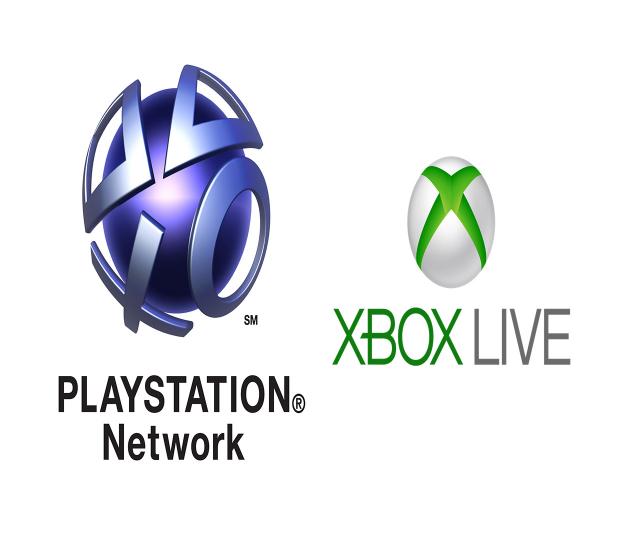Data is already collected every time you post to social media, search the web, or use mobile apps. It’s a concern for many – from security advocates to gamers. When you’ve plugged into your favorite video game, I’m sure the last thing on your mind is who has tapped into your information. The digital age that we now live in means that the digital data collection aspect of gaming is unavoidable. Gone are the days of truly internet-less gaming consoles, replaced often by constant internet connections. Video game companies are collecting information about you every time you boot up a disc or play online.
Do any of us really pay attention to those “terms and conditions” when we load a game for the first time? What you’re agreeing to may surprise you. As part of these terms, consumers frequently agree to allow the game studio or publisher to collect information about your gaming or purchasing habits, among other things. Microsoft’s GamerScore via Xbox Live is one such way of collecting data. Simply by incorporating points for encouraging play, Microsoft and their developers can learn what kinds of games you play and how much time you spend doing so. The advent of the Kinect ushered in an era of collecting biometric data like facial features and weight – this is used in part to help the Kinect identify users when they walk in front of the camera. Others held concerns about the Kinect that it could serve more nefarious purposes.
Companies are counted on to collect and analyze this confidential information ethically. To some it may seem like a leap of faith to trust a corporation to have your best interests at heart – yet data collection laws strictly violate what can and cannot be kept. The case could be made that this data collection is necessary to help provide an “improved user experience.” In the case of MMOs or other games with a large online playerbase, data collection grants developers an inside glance at how players are using their content. Analyzing the most popular elements within a game can provide those same developers with the statistics to guide any future expansions or updates. This information allows decision-makers to know what resonates with their customers and in this case players. That’s the basis of predictive analytics and the main value of data to businesses. They gain and increased understanding of their collective customers. Any data collected is then used to predict trends and inform their overall marketing and product development strategies. In theory, this allows for companies to better meet the needs of the developing market.
There’s no shortage of data for companies to use, either. Players leave a large data trail behind – something akin to a digital thumbprint. Players often connect their social media accounts to their game accounts, providing a plethora of personal information. Gaming companies can gain access to demographic information as well as info about your likes, dislikes, and friend’s list – all depending on what privacy settings you choose. Each piece of data has a use, and the primary goal to is to market effectively toward the consumer depending on interests, age, gender, or location. Ethical means of collecting this data would include only collecting what is absolutely necessary to the task at hand. Proper information handling procedures are a must, and this includes adequate training for the staff that views the information. Federal standards are in place, though individual organizations can have their own additional standards and procedures to protect consumers.
Data collection is a double-edged sword for consumers. It’s impossible escape tracking and subsequent ads completely, so they might as well be relevant. If you want to use their service, you can’t always control what is done with the data detailing your game playing habits. Understandably, not everyone is comfortable with this and might prefer to keep their personally identifying information under wraps. A measure of security can be retained by restricting what personally identifying information you share when you activate these services. Either way, it’s always best to read the terms and conditions and know what you’re sharing. Read the fine print and understand what is being collected. Once you make an educated decision, you’ll be back to having fun with your friends in no time.


